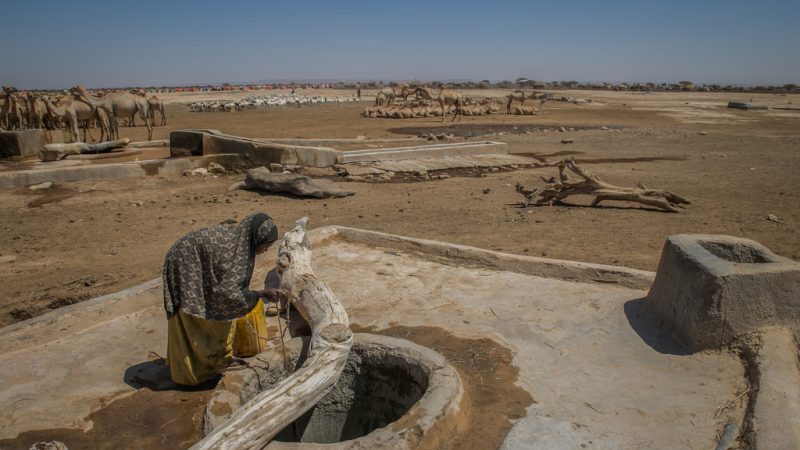The Green Climate Fund has muddled through many a tense board meeting, but talks on how to refill the pot defied resolution this week.
Things were looking “toxic and dysfunctional” to US representative Geoffrey Okamoto on day two and collapsed without agreement on key decisions come Wednesday. Oh, and top official Howard Bamsey resigned.
It is a major blow to climate cooperation in a critical year. Here are eight takeaways from the wreckage.
Got any hot tips on who can ride to the rescue? Get in touch: [email protected]
Belt-tightening
At the same time, budget cuts at the Global Environment Facility have prompted it to impose tougher criteria.
Some poor countries are worried about their ability to find the match funding they need to access support, reported Joydeep Gupta of India Climate Dialogue.
Shipping reform
The International Maritime Organization is set to consider governance reforms, after a Transparency International report warned its flaws could hinder climate action.
It matters because the body is due to flesh out a climate strategy for international shipping over the next five years – and at the moment industry runs the show.
Pruitt out
After multiple scandals over several months, the Trump administration’s environmental wrecker-in-chief Scott Pruitt has finally resigned.
Staff could barely contain their glee, according to social media reports. But his replacement Andrew Wheeler is a former coal lobbyist, so don’t expect a change in policy direction.
What one EPA employee told me this afternoon: “We are professionals. We are simply doing our work and containing our glee. Until 5 o’clock.” https://t.co/mV3MJw4uuA
— Lisa Friedman (@LFFriedman) July 6, 2018
Before everyone gets excited about Pruitt, remember we’re going to get all the same horrific policy under Andrew Wheeler, without any of the comic, attention-drawing personal corruption. There’s no happy ending to this story — until 2020, maybe.
— David Roberts (@drvox) July 5, 2018
Courtroom drama
The UK likes to boast of its world-leading climate law, but it was set in line with a 2C global warming limit. Since the Paris Agreement set a stretch goal of 1.5C, is it time for an upgrade?
Eleven citizens in a group calling itself Plan B say so and are seeking a judicial review to force the government to do more. Soila Apparicio reported from the Royal Courts of Justice in London.
Battery revolution
What happens when the wind doesn’t blow and the sun doesn’t shine? It is the perennial question posed by renewables sceptics.
Improvements in battery technology show a lot of promise for managing fluctuations in clean energy. Now analysts at Bloomberg New Energy Finance predict that in combination, they will undercut coal generation in China within a decade.
Norway alone
Somehow, Norway has ended up financing efforts to halt tropical deforestation almost single-handed. Globally, tree cover is still disappearing apace.
Environment ministers past and present told Karl Mathiesen in Oslo other donors needed to step up and join the fight.
Debt burden
Poor countries are expected to pay an extra $168 billion in interest payments over the coming decade as a result of climate risks, according to a report commissioned by the UN.
“Integrating climate risk into financial decisions is necessary, but the unacceptable logic of the markets is transferring the costs to the world’s poorest,” Simon Zadek, special advisor to the UN Environment Programme told the Thomson Reuters Foundation.
Flying free
China has indicated it will not join in the voluntary first phase of a scheme to offset aviation emissions, Unearthed reported.
It is a blow to efforts to curb airlines’ climate impact, but observers said it may be a negotiating tactic rather than a fixed decision.
